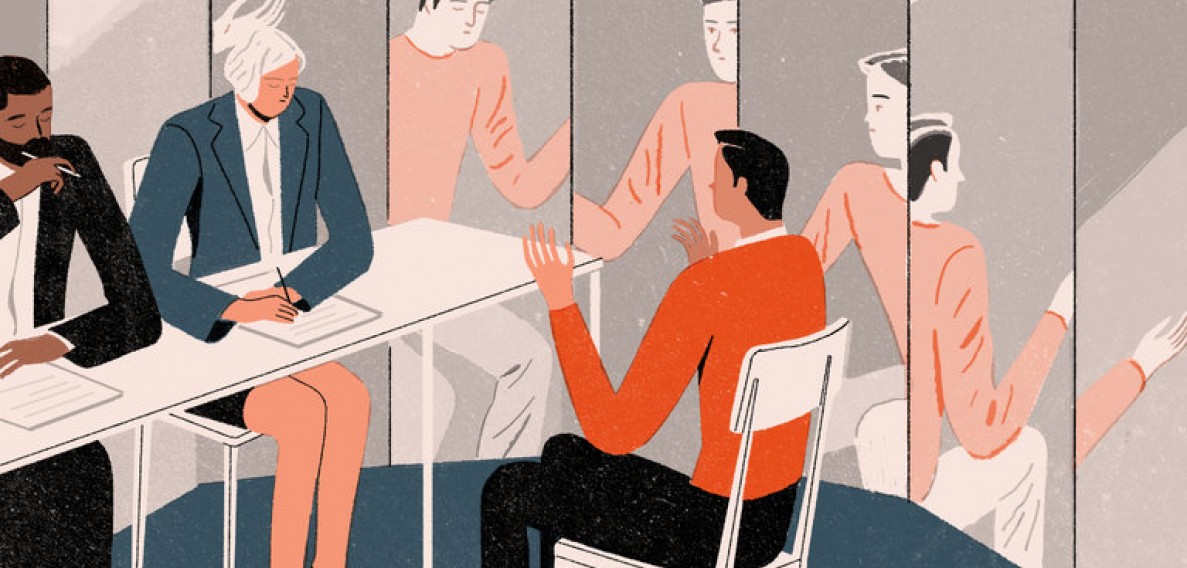Designing Your Interview Process

You’ve Done It:
You’ve secured sign-off on a new hire in your team (congrats), assessed the market, put together a job description and briefed your recruiting partner on the requirements. So, you’re ready to start meeting some talented candidates vying for a place in your business. Or are you?
Believe it or not, without an interview process prepared, all of that prior work can become almost worthless. Time and again, we hear of interview processes dragging on for months, candidates getting snapped up by the competition or, even worse, losing interest in your business altogether. Not only will multiple people in the business have invested their time in the process, you’ll still be without that sought-after talent you need.
So, let’s look at the key factors for structuring a streamlined interview process to ensure that you secure your perfect candidate in record time.
The Shortlist:
Something that is clear is that it can be challenging to assess candidates when each of their interviews are too far apart – it’s easy to be overly critical of an individual applicant when there is no comparison. You need a view of the market to understand what’s on offer and available, and a selection of candidates achieves this. Speak with your recruiting partner about the benefits of an interview day to expedite the first round. As a caveat to this, do not make the mistake of holding off on great profiles just because you don’t have another 5+ to interview at the same time – top talent is not out there in abundance, so be ok with bringing in a smaller group if needed.
The Timeframe:
When do you want/need this person to start? Yesterday? Let’s be realistic here. Knowing your timeline will allow you to manage the required steps, and when they take place, much more effectively. A few questions to ask yourself:
- Is there someone leaving who you’d like them to have a crossover with? (handover?)
- Are there certain people involved in the process who are only around at specific times of the month?
- Can we be flexible outside of business hours to interview candidates?
The People Involved:
There is a fine line between valuable additions to the interview process and adding unnecessary steps. Don’t just include people for the fun of it – you need to be considering the value each interviewer will be bringing. Consider these questions when deciding who to include:
- Will they be working with, or supporting, this person in the role?
- How well is this person positioned to either assess the candidates’ skill sets or their culture fit?
- How much ability does this person have to sell the opportunity and the story of the business?
- How much is this person on board with the hire? Are they a detractor, potentially someone against this position being hired for? (it happens)
Non-Interview Stages:
You need to know if there will be any Excel tests, case studies, reviews of financials, or presentations, etc. A last-minute inclusion of an assessment can throw the process off course. The timing is equally important – something to avoid is having candidates meet a ton of people, only to fail an assessment at the final hurdle. But also appreciate the pitfalls of having candidates invest 2+ nights in a case study after only one interview
How To Lock Them In:
With the above prepared, review with your team and recruiting partner, accounting for any PTO for the interviewers involved. Be prepared to swap people around if there is a fire to put out, but only if – too much openness here and the process will suffer.
To finally experience a streamlined process, stick to the plan! Agree a pre-set time with your recruiting partner and internal stakeholders for debriefs – it’s great to discuss while it’s fresh in your mind, and also be able to get back to the candidates promptly.
Author: Alex Biddulph
View our latest accounting and finance Vacancies
For more insights and career advice – check out our Knowledge Hub
